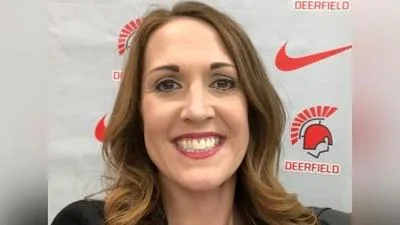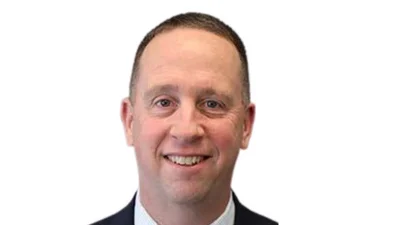Cynical as you no doubt are about Illinois government, you should still be stunned by the dollar total of taxpayer subsidies for Amazon’s warehouses: $741 million for northeastern Illinois alone.
It’s all in a superb report jointly completed by WBEZ and the Better Government Association. Read the whole thing.
Desperate for jobs, local municipal governments have been bidding with taxpayer dollars to lure Amazon into expanding its warehouse capacity in their areas. Assistance comes from the State of Illinois through its EDGE program.
But what conceivable sense does that make for the region or the state as a whole? Amazon needs the warehouses to serve the huge population in and around Chicago, and paying for them should be Amazon’s problem. It’s not like they won’t be built without taxpayer subsidies.
It’s beggar-thy-neighbor policy at its stupidest. Instead of banning it, the state participates in it through its EDGE program.
The effect is to reduce Amazon’s distribution cost by lowering its warehouse cost. More money for Amazon, in other words, at taxpayer expense.
The punishment goes beyond taxpayers. Other retailers, especially smaller ones without the clout to shake down government, are disadvantaged. It’s part of how Amazon is driving them out of business.
The Financial Times profiled an example in August when Good’s of Evanston was closing permanently after more than a century in business. The owner cited the opening of an Amazon warehouse in neighboring Skokie last year, which has enabled Amazon to slash delivery times for shoppers living in the Chicago suburbs. Amazon offers many products that Good’s sold, such as luxury pens. Sales of luxury pens have “been decimated, and it’s down, in large part, to Amazon,” the owner told the FT.
Which communities has Amazon typically hit up to pay the subsidies? Minority communities like University Park and Markham, the WBEZ/BGA report concluded.
And the whole process is shrouded in secrecy thanks to what the report describes as a patchwork of nondisclosure agreements and lack of transparency.
Salute to WBEZ and BGA for cutting through that to get the facts.





 Alerts Sign-up
Alerts Sign-up